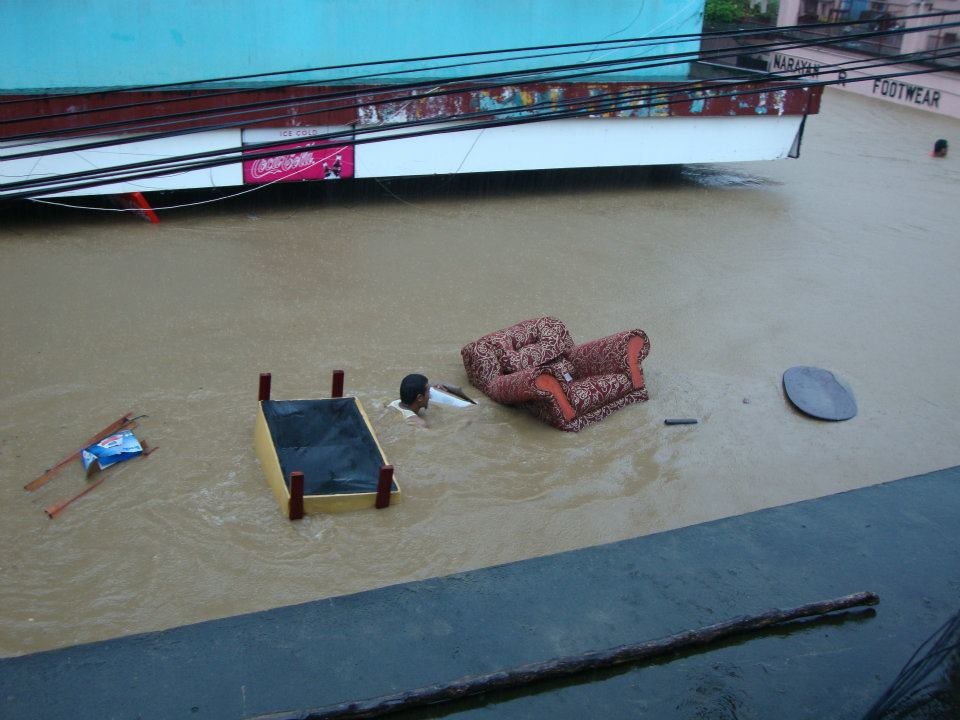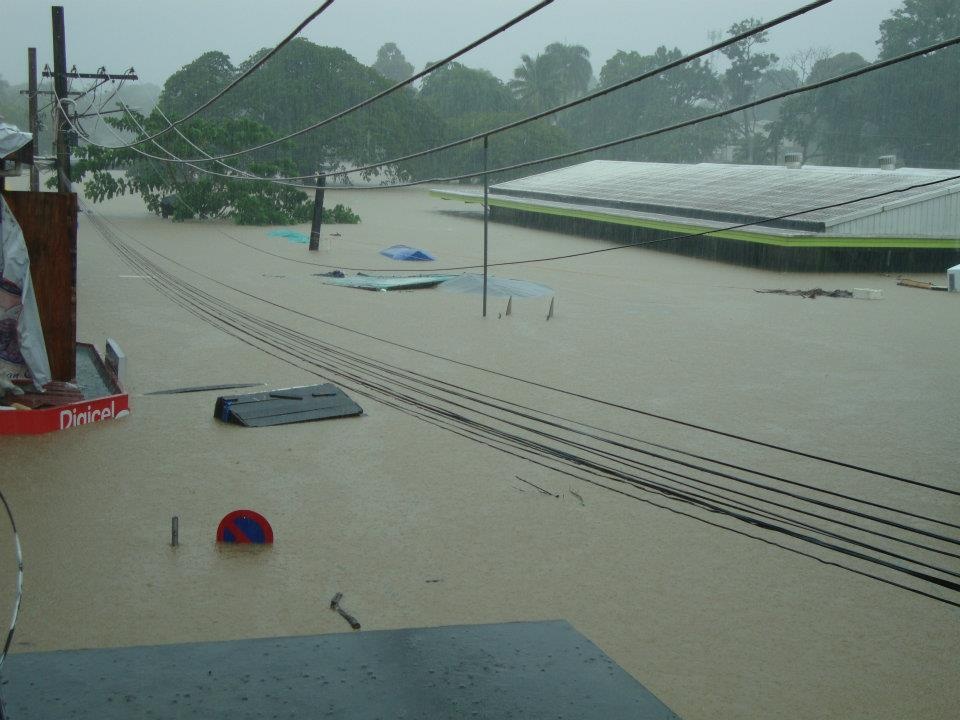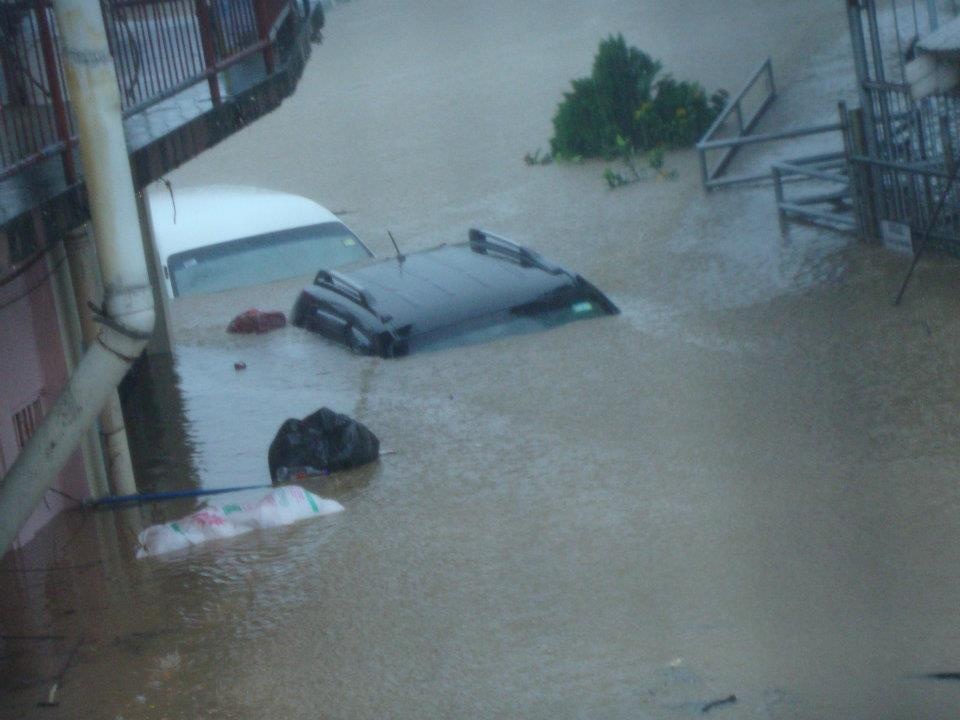
I’ve been getting desperate updates from some of our dozens of organisers in Fiji – who over the last week have been lashed by a massive storm – Tropical Storm Daphne. As I write this, the Western side of Viti Levu is literally underwater. One of our organisers sent us these photos – that show the absolute havoc wrecked by the flooding. More than 8000 people are sheltering in emergency huts, where there is the very real risk of disease breaking out. 5 people have died in the flooding, more are unaccounted for.
With just one month until Climate Impacts Day, on May 5th – the stakes have just increased yet again. The urgency for us to help the world connect the dots between extreme weather events like this in Fiji and climate change has never been greater. While our organisers in Fiji will be recovering from this devastation for months to come, May 5th will be a chance for people around the world to act in solidarity with our Fijian brothers and sisters. While your action on that day can’t stem the flow of impacts like this, it will be part of the movement we need to prevent things from getting even more disastrous.
If you’re anything like me, I get flustered sometimes by the science of climate change – as for example, how could you be sure that an intense storm like this in Fiji is caused by climate change or if it’s natural variabillity? But as Climatologist Dr Kevin Trenberth, puts it, that is the ‘wrong question’:
“Scientists are frequently asked about an event “Is it caused by climate change?” The answer is that no events are “caused by climate change” or global warming, but all events have a contribution. Moreover, a small shift in the mean can still lead to very large percentage changes in extremes. In reality the wrong question is being asked: the question is poorly posed and has no satisfactory answer. The answer is that all weather events are affected by climate change because the environment in which they occur is warmer and moister than it used to be.”
It’s warmer and moister because we’re already at 392ppm of CO2 in the atmosphere — and we know that 350ppm is what we need to get us back to climate safety. May 5 is coming soon; we need to work rapidly. Because climate change is bearing down on us, and we simply can’t wait. The world needs to understand what’s happening, and you’re the people who can tell them.
Our thoughts are with everyone in Fiji, and we’ll be ready to support as the floods subside and the rebuild begins.
Over the coming couple of weeks, we’ll be releasing 1-page info sheets explaining the links between climate extremes we’ve been seeing over the last couple of years and climate change. Stay tuned on www.climatedots.org for those updates.
Source: “Framing the way to relate climate extremes to climate change” by Kevin Trenberth is downloadable from this link.

